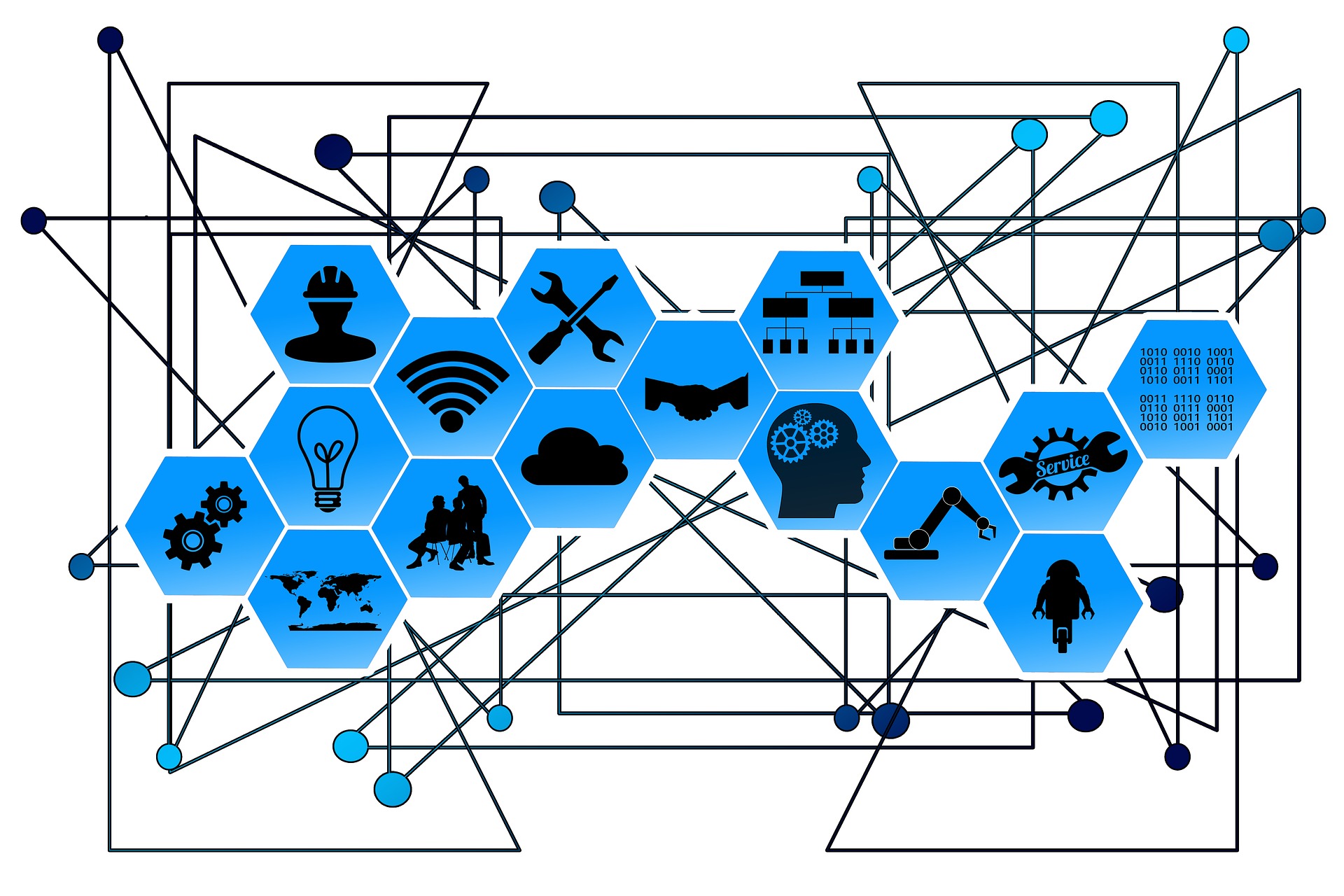MSA and SaaS / IaaS / PaaS / TaaS / XaaS Agreements
This article is part of the Action Cyber Times™ Series on Agreements for Information Technology and Transactions.
8 Best Practices for a Master Services Agreement cover the terms and conditions for the services from a SaaS (Software as a Service) provider, with a primary focus on the operational and financial requirements of the transaction. As with most commercial agreements, one size does not fit all, and will be tailored to the specific needs of the client. The covenants below are exemplary of SaaS software licensed for installation on client hardware. Although the licensing covenants may be excluded / modified for cloud-only services.
Similar master service agreements may be executed for a rainbow of provider agreements, including SaaS (Software as a Service), IaaS (Infrastructure as a Service), PaaS (Platform as a Service), TaaS (Internet of Things as a Service) and the catch-all, XaaS (Anything as a Service).
MSA and more than one XaaS
It should also be noted that as a practical matter, one MSA may be executed and then one or more XaaS agreements may be added to it over time as circumstances warrant. All are subordinate to the overall MSA. This is generally more efficient than having to negotiate and sign a new MSA for each new SOW. Hence, the term, ‘master’. The emphasis is on contract flexibility.
8 Best Practices
Definitions and Authority
Any specific terms that need to be defined, i.e., services, documentation, confidential information, software, application, hardware, subscription period authority of signator as a duly authorized representative, and more.
Statement of Work (SOW) and Quotation
As in the MSA, it may be used to define the scope of the services to be provided including the software or applications, database maintenance, performance markers, applicable standards, quantifiers, usage, metrics, analytics, security measures, backups, data access if there is a failure, subscription period, and more.
Execution of Service Subscription
Signing of the written quotation for the SOW, which typically excludes intellectual property rights, warranties, indemnification and liabilities.
License and Client Responsibility
The grant of software use subject to terms and conditions, including personnel, their authorizations, limitations of use, and more.
Provider Support Services
Technical support, service upgrades, scheduled system downtime, training, specific time periods for vendor system availability, and more.
Fees, Payments and Penalties
Amount and schedule of fees payable as defined in the agreement, plus penalties for late and non-payment.
Exit
Remember to include an exit clause, including any necessary data retrieval from the vendor format, when required to restore the data to your possession and hardware.
General Provisions
The conclusory clauses so important to every agreement, such as breach, termination, liquidated damages, notices, no assignment, choice of law, severability, non-waiver, warranties, entire agreement and more.
Commentary by Attorney Timothy F. Mills, Editor / Action Cyber Times™ © 2019 All Rights Reserved.
Action Cyber Times™ provides resources for cybersecurity, data privacy, compliance, breach reporting and risk management, intellectual property theft, and the utilization of emerging technologies such as artificial intelligence, machine learning, blockchain DLT, advances in cryptographic applications, and more.
Disclaimer: The content available on the web site and in the blog posts is for informational purposes only and is not intended to, and does not, provide legal advice. Contact and retain an appropriate professional for legal advice. Use of this content or any of the links contained within the site do not create an attorney-client relationship. The opinions expressed are the opinions of the author.


